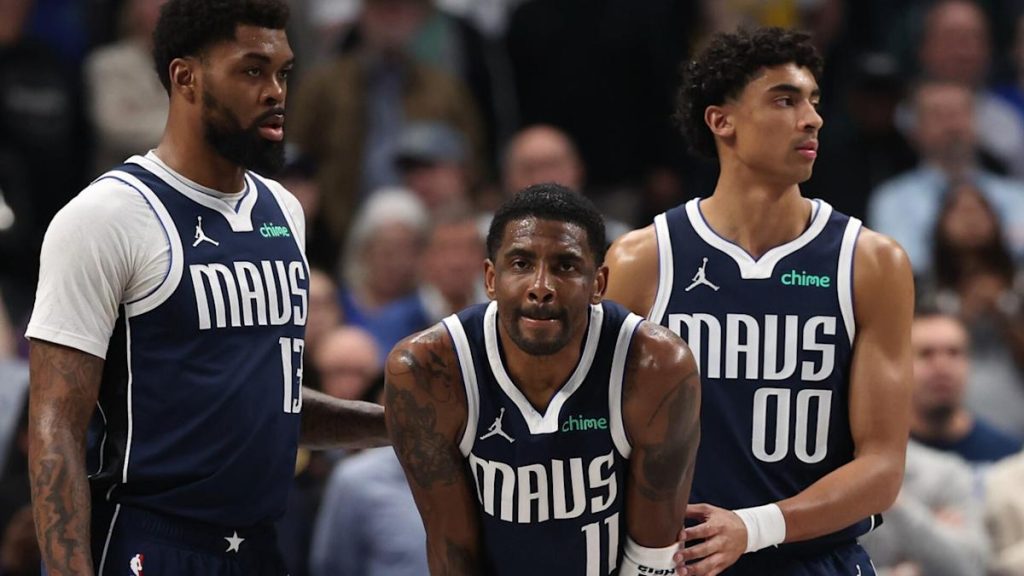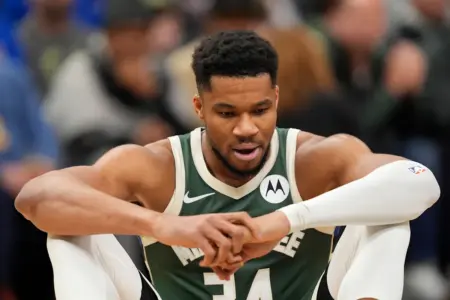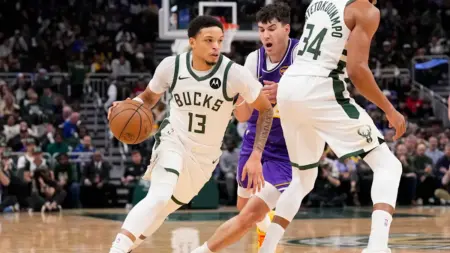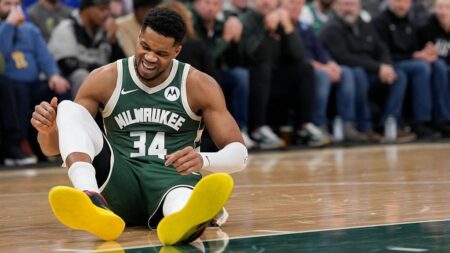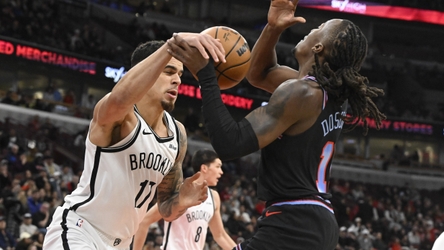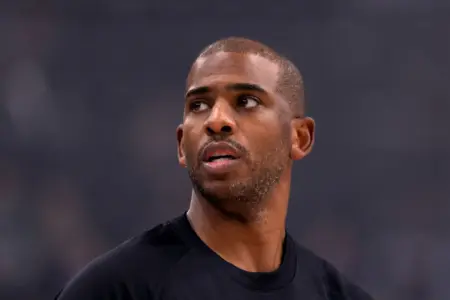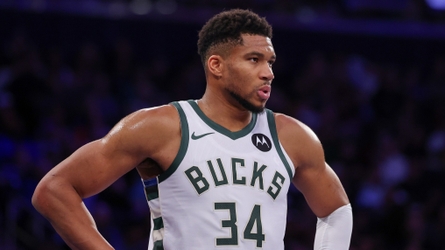The Dallas Mavericks’ Turbulent Season
The Dallas Mavericks find themselves in a challenging position this season, a cocktail of self-inflicted wounds and a significant dose of bad luck. The most jarring self-inflicted injury came from trading away their superstar, Luka Doncic, seemingly for a fraction of his worth. This move alone sent shockwaves through the NBA, leaving fans and analysts bewildered. Adding insult to injury, the team increased season ticket prices shortly after, a decision that further strained their relationship with the fan base. However, the Mavericks’ woes extend far beyond these strategic missteps.
A String of Injuries Complicate Matters
Injuries have played a significant role in derailing the Mavericks’ season. Anthony Davis, in his first game as a Maverick, suffered a strained adductor (groin), casting a shadow over his return timeline. This setback came on the heels of extended injuries to the team’s other centers, Dereck Lively II and Daniel Gafford. These absences have left the Mavericks shorthanded and struggling to find a rhythm on the court.
The Devastating Loss of Kyrie Irving
The most significant blow came with Kyrie Irving’s torn ACL. As the team’s primary shot creator, Irving’s injury not only dashed any hopes of a deep playoff run but also casts a long shadow over the upcoming season. The severity of this injury means that Irving will miss significant playing time, leaving the Mavericks to navigate a treacherous path without one of their key players.
Irving’s Resilient Response
Despite the gravity of his injury, Kyrie Irving has remained resilient and optimistic. During an Instagram Live session, he shared his thoughts and reassured his fans. "It hasn’t been 48 hours since I tore my ACL, but the recovery process already started mentally, spiritually, emotionally," he said. "So just wanted to let you guys know I’m OK and I will be OK moving forward. It does suck a lot. I ain’t gonna lie to you guys. This one stings for sure, but I have a great support system around me. I have incredible family members and friends, and I know I’m supported not just here in America, but internationally. And I’m not on this journey alone." Irving’s words reflect a deep understanding of the challenges ahead and a determination to overcome them.
Addressing the Workload Debate
There has been speculation about whether Irving’s increased workload, particularly in the wake of the Doncic trade, might have contributed to his injury. Irving was averaging more than 39 minutes a night, a significant increase in his playing time. However, Mavericks coach Jason Kidd dismissed this narrative, describing the injury as a "freak accident." "The load didn’t have anything to do with the injury," Kidd insisted. "We’re talking about one play. It’s a freak accident. That’s how it should be reported, but we’re not reporting it right. We’re reporting on conspiracy theories." Kidd’s stance highlights the delicate balance between player workload and the risk of injury, a topic that is hotly debated in the league.
The League’s Balancing Act
The NBA finds itself walking a fine line between the need for star players to participate in regular-season games and the imperative to keep them healthy for the playoffs. The league has introduced measures like the 65-game threshold for postseason awards to encourage regular-season participation, but the risk of injury remains a significant concern. Fatigued muscles can leave players more vulnerable to injuries, and the pressure to perform can lead to overuse. The Irving incident serves as both a freak accident and a cautionary tale for teams looking to manage their stars’ minutes effectively. With Irving, the hope is that he can return to his stellar form next season, a player who has been a joy to watch and a key contributor to the Mavericks’ potential success.

